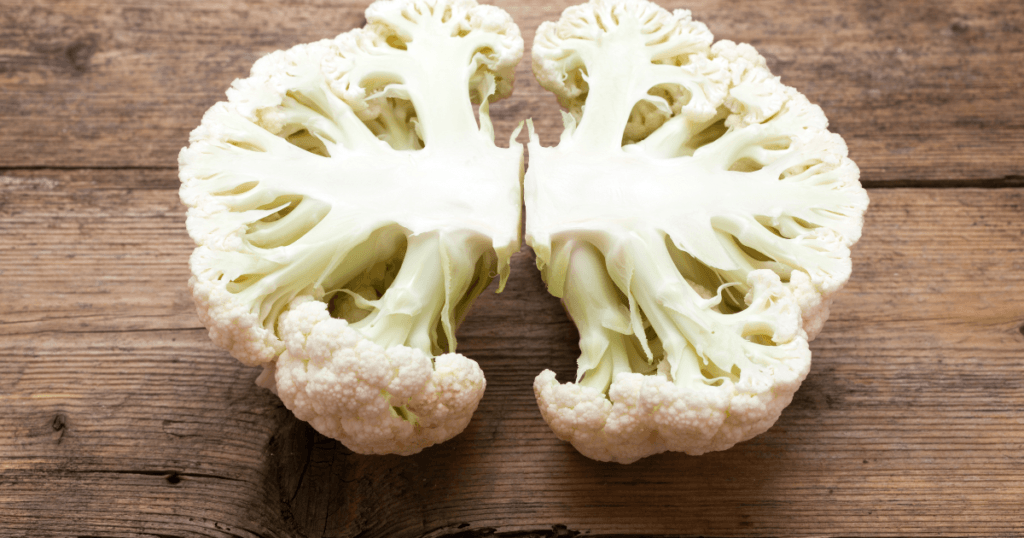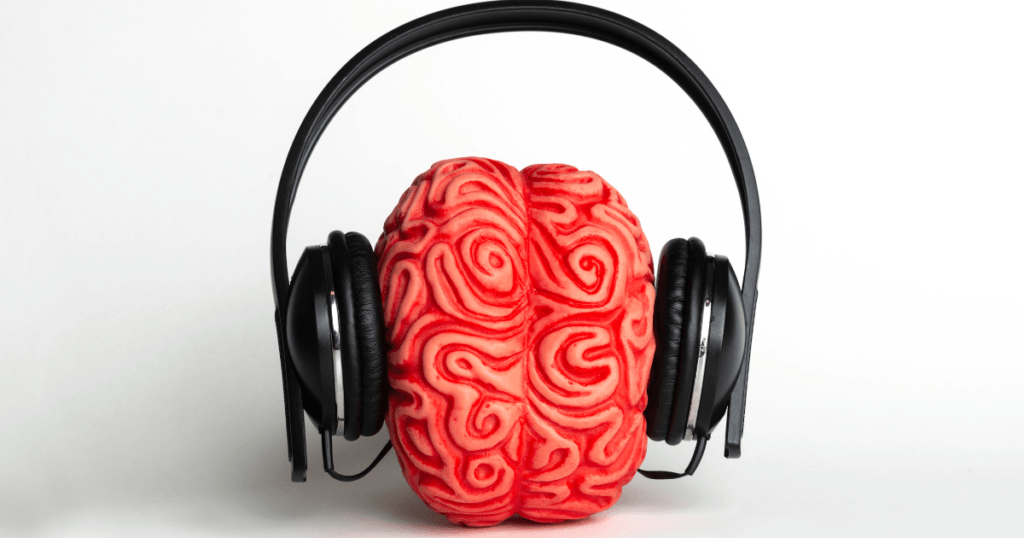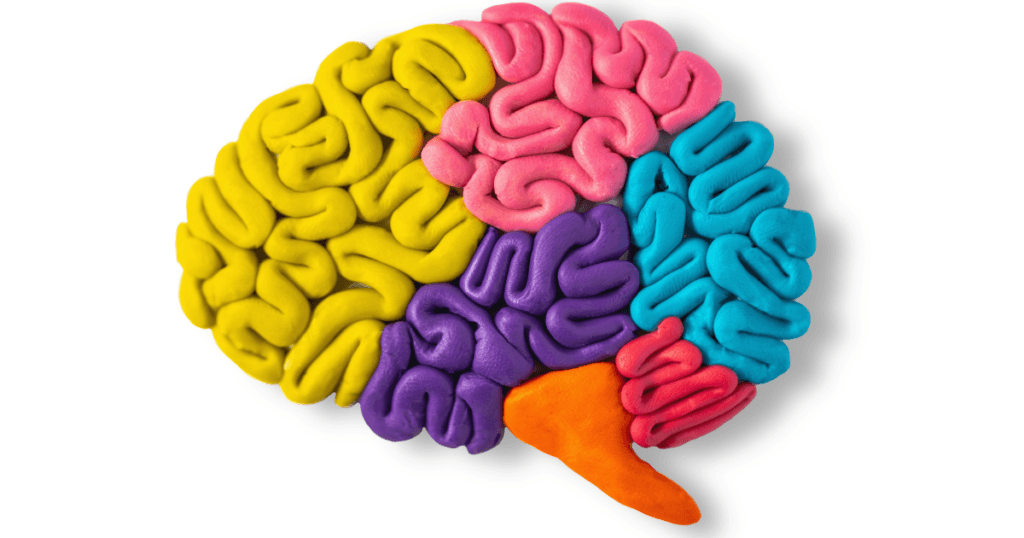
Understanding how to increase oxygen in brain is a topic that has piqued the interest of many, from health enthusiasts to those dealing with cognitive decline. The brain, the body’s command center, requires oxygen to function optimally. A lack of it can lead to fatigue, memory loss, and in severe cases, brain damage.
As a neuroscientist with over a decade of experience, I’ve spent years studying the effects of oxygen levels on brain function and have discovered several effective methods to increase oxygen in the brain. Whether you want to enhance your cognitive abilities or seek ways to support a loved one’s brain health, this article is for you.
In the following sections, we’ll explore various techniques, from simple breathing exercises to lifestyle changes, that can help increase oxygen levels in the brain. We’ll also explore the science behind how oxygen supports brain function and the potential risks of low oxygen levels.
By the end of this article, you’ll understand how to increase oxygen in the brain and why it’s crucial for maintaining optimal brain health. Let’s embark on this enlightening journey together.
How To Increase Oxygen In Brain
When you think about maintaining good health, the brain might not be the first organ that comes to mind. However, it’s crucial to ensure that your brain receives an adequate supply of oxygen. Oxygen is vital for brain function, and a lack of it can lead to cognitive decline, fatigue, and other health issues. Here’s how you can increase the oxygen levels in your brain:
- Deep Breathing Exercises: One of the simplest ways to increase oxygen in your brain is by practicing deep breathing exercises. When you take deep breaths, you allow more oxygen to enter your bloodstream, which then travels to your brain. Spend a few minutes each day taking slow, deep breaths in and out.
- Regular Exercise: Physical activity increases the flow of oxygen-rich blood to the brain. Whether it’s a brisk walk, jogging, or yoga, any form of exercise can help improve circulation and oxygenate your brain.
- Stay Hydrated: Drinking enough water ensures that your blood can carry sufficient oxygen to your brain. Aim for at least 8 glasses of water a day.
- Eat Oxygen-Rich Foods: Foods like leafy greens, blueberries, and beets can boost blood flow and oxygen to the brain. Incorporate these into your diet for better brain health.
- Avoid Smoking: Smoking reduces the amount of oxygen that reaches your brain. If you smoke, consider quitting or reducing your intake to improve brain oxygenation.
- Practice Good Posture: Slouching or hunching over can restrict your lungs and reduce the amount of oxygen you take in. Ensure you maintain good posture, especially when sitting for extended periods.
- Use Houseplants: Plants like the peace lily, snake plant, and spider plant can help purify the air in your home, increasing the oxygen levels.
- Limit Alcohol Consumption: Excessive alcohol can reduce the amount of oxygen that reaches your brain. It’s essential to drink in moderation.
- Get Enough Sleep: A good night’s sleep allows your brain to rejuvenate and ensures optimal oxygen levels. Aim for 7-9 hours of sleep each night.
- Reduce Stress: Chronic stress can reduce the amount of oxygen that reaches your brain. Find ways to manage stress, such as meditation, journaling, or talking to a friend.
Remember, your brain relies on oxygen to function correctly. By following these steps, you can ensure that your brain remains healthy and sharp. So, next time you’re looking for ways to boost your brainpower, think about how you can increase the oxygen it receives.
Understand Oxygen and the Brain

Understanding the relationship between oxygen and the brain is critical to cognitive health. The brain, a high-energy organ, uses about 20% of the body’s total oxygen to function effectively. This oxygen, transported via the bloodstream, is integral to producing neurotransmitters, maintaining ion gradients for nerve impulse transmission, and overall neuronal health. However, when the brain’s oxygen supply is insufficient, it can lead to cognitive issues such as memory loss, impaired motor function, and in severe cases, irreversible brain damage. Therefore, learning How To Increase Oxygen In Brain enhances cognitive abilities and prevents neurological disorders.
Lifestyle Changes to Increase Oxygen in the Brain

Understanding how to increase oxygen in the brain involves making several lifestyle changes that can significantly improve cognitive health.
A. Regular Exercise
- Cardiovascular exercises such as running, swimming, and cycling are excellent ways to improve blood circulation, thereby increasing the amount of oxygen that reaches the brain.
- During physical activity, your oxygen uptake increases as your body works harder to meet the increased demand for energy, providing more oxygen to the brain.
B. Proper Breathing Techniques
- Deep breathing exercises, such as those practiced in yoga and meditation, can help increase oxygen levels in the brain. Taking slow, deep breaths allows more oxygen to enter your bloodstream.
- Understanding the role of oxygen saturation is also essential. Maintaining a high oxygen saturation level ensures your brain receives the oxygen it needs to function optimally.
C. Healthy Diet
- Consuming foods rich in antioxidants, like berries, nuts, and green leafy vegetables, can help protect the brain from oxidative stress, which can impair the brain’s ability to use oxygen.
- Omega-3 fatty acids in foods like fish and flax-seeds are essential for brain health and can improve cerebral circulation.
- Foods that promote blood flow and oxygenation, such as citrus fruits and dark chocolate, can also help increase oxygen in the brain.
D. Sufficient Hydration
- Hydration plays a crucial role in brain function. Water is necessary for delivering nutrients to the brain, including oxygen.
- The recommended daily water intake varies depending on age, sex, and physical activity level. Still, a general guideline is drinking at least eight 8-ounce glasses of water daily.
E. Adequate Sleep
- Sleep significantly affects brain oxygen levels. During sleep, the brain goes through a process of restoration and recovery, which requires a steady supply of oxygen.
- Improving sleep quality can therefore help increase oxygen in the brain. This can be achieved by maintaining a regular sleep schedule, creating a restful environment, and avoiding caffeine and electronic devices before bedtime.
Environmental Factors

Understanding the environmental factors that impact oxygen levels in the brain is crucial for maintaining cognitive health.
A. Air Quality
- Indoor air pollution can have a significant impact on brain health. Pollutants such as carbon monoxide, mold, and volatile organic compounds can reduce the amount of oxygen available to the brain, leading to symptoms like headaches, fatigue, and impaired concentration.
- Improving indoor air quality can help on how to increase oxygen in brain. This can be achieved by ensuring proper ventilation, using air purifiers, keeping indoor plants that improve air quality, and regular cleaning to reduce dust and mold.
B. Nature and Fresh Air
- Spending time in nature has numerous benefits for brain health. Natural environments tend to have cleaner air, which can increase the amount of oxygen that reaches the brain. Additionally, the calming effect of nature can reduce stress and improve mental well-being.
- Engaging in outdoor activities is a great way to increase oxygen intake. Activities such as hiking, cycling, and gardening provide exposure to fresh air and involve physical exercise, improving blood circulation and oxygen supply to the brain.
Mental Stimulation and Stress Management

Maintaining cognitive health and how to increase oxygen in brain involves physical and dietary measures, mental stimulation, and stress management.
Engaging in Mental Exercises
- Brain-training activities such as reading, writing, playing a musical instrument, or learning a new language can stimulate the brain and improve oxygen utilization. These activities challenge the brain, enhancing its capacity to process information and solve problems.
- Challenges and puzzles like crosswords, Sudoku, or Rubik’s Cube are excellent tools for mental stimulation. They engage various cognitive functions such as memory, attention, and problem-solving, promoting brain health and potentially increasing oxygen usage.
B. Stress Reduction Techniques
- Chronic stress can harm brain oxygenation. It can constrict blood vessels, reducing the flow of oxygen-rich blood to the brain. Over time, this can lead to cognitive decline and other mental health issues.
- Managing and reducing stress is crucial for maintaining optimal brain oxygen levels. Techniques such as mindfulness meditation, yoga, deep breathing exercises, and a balanced lifestyle can help manage stress levels. Physical activity and a healthy diet also reduce stress, promoting brain health and oxygenation.
Medical Interventions and Supplements

In some cases, how to increase oxygen in brain may require medical interventions and the use of supplements, always under the guidance of a healthcare professional.
Consultation with a Healthcare Professional
- If you’re experiencing symptoms like chronic fatigue, memory loss, or difficulty concentrating, it’s important to consult with a healthcare professional. These could be signs of underlying conditions affecting oxygenation, such as sleep apnea or cardiovascular disease. A healthcare professional can diagnose these conditions and provide appropriate treatment.
- Medical advice for increasing oxygen levels in the brain can vary depending on individual health status and needs. This could include lifestyle changes, medication, or in some cases, supplemental oxygen therapy. Always follow the advice of your healthcare provider when seeking how to increase oxygen in brain.
B. Supplements for Brain Health
- Certain supplements may help increase oxygen levels in the brain. For instance, Ginkgo Biloba is believed to improve blood flow to the brain, while antioxidants like Vitamin E and Coenzyme Q10 can protect brain cells from damage. Omega-3 fatty acids in fish oil supplements also support brain health.
- However, it’s important to approach supplements with caution. Not all supplements suit everyone; some can interact with medications or have side effects. Always consult with a healthcare professional before starting any new supplement regimen. They can provide recommendations based on your health needs and ensure you use supplements safely.
Final Thoughts

understanding How To Increase Oxygen In Brain is a multifaceted approach that involves lifestyle changes, environmental considerations, mental stimulation, stress management, and in some cases, medical interventions and supplements. Regular exercise, a healthy diet, proper hydration, and adequate sleep can significantly improve brain oxygenation. Simultaneously, maintaining good air quality, spending time in nature, engaging in mental exercises, and managing stress effectively is equally important. Some individuals may need to consult a healthcare professional and use certain supplements. Integrating these strategies into your daily life can enhance your brain’s oxygen levels, improving cognitive function, boosting mental clarity, and promoting overall brain health. Remember, every step taken towards a healthier brain is a step towards a healthier you.
Does oxygen improve brain function?
Boosting oxygen levels in the brain can significantly improve mental sharpness, attention, and focus. It also aids in enhancing memory and elevating overall cognitive functioning. Furthermore, elevated oxygen levels can induce a sense of calm in the brain, mitigating anxiety and fostering overall mental health.
Q: Why is it important to increase oxygen in the brain?
A: Increasing oxygen in the brain is crucial for optimal cognitive function and overall brain health. Oxygen is vital for the brain cells to produce energy and communicate effectively. A well-oxygenated brain can improve concentration, memory, and decision-making abilities. Additionally, adequate oxygen levels can help prevent brain fatigue and reduce the risk of cognitive decline.
Q: Can deep breathing exercises really help in increasing oxygen levels in the brain?
A: Yes, deep breathing exercises can significantly help in increasing oxygen levels in the brain. When you practice deep breathing, you allow more air and, consequently, more oxygen to enter your lungs. This oxygen is then transported through the bloodstream to various parts of the body, including the brain. Regular deep breathing exercises can enhance blood circulation and oxygenation in the brain, leading to better cognitive function and alertness.
Q: Are there any risks associated with low oxygen levels in the brain?
A: Absolutely. Low oxygen levels in the brain, also known as cerebral hypoxia, can be detrimental to brain health. It can lead to symptoms like confusion, dizziness, shortness of breath, and even unconsciousness in severe cases. Prolonged periods of reduced oxygen can result in irreversible brain damage, affecting memory, motor skills, and other cognitive functions. It’s essential to address any conditions or habits that might reduce oxygen supply to the brain promptly.
